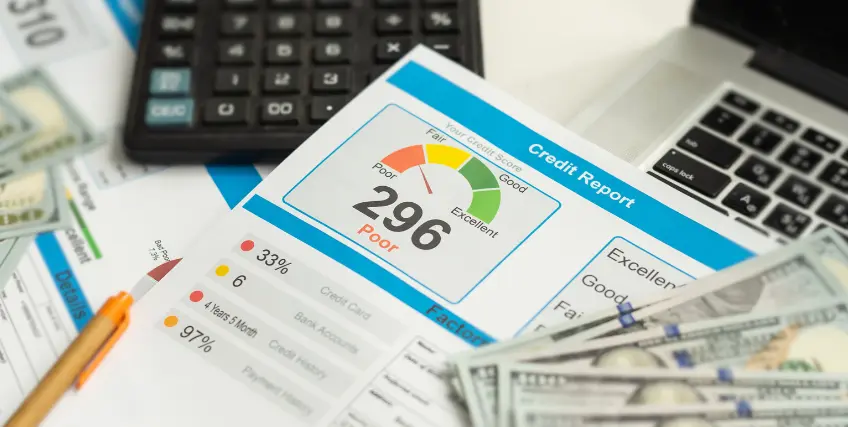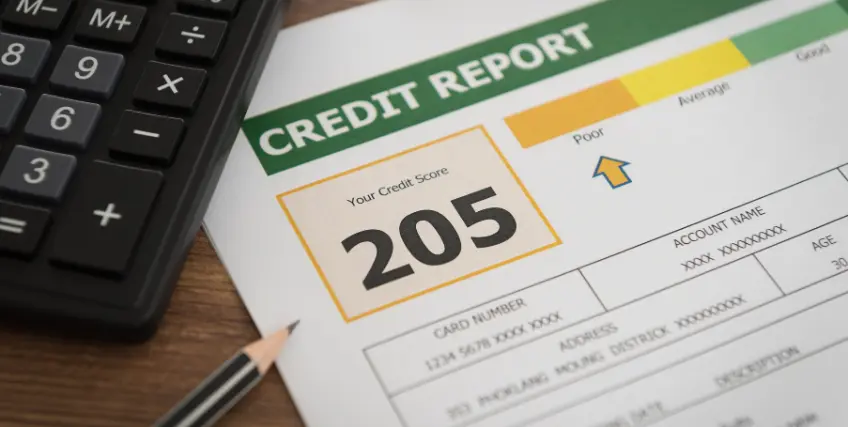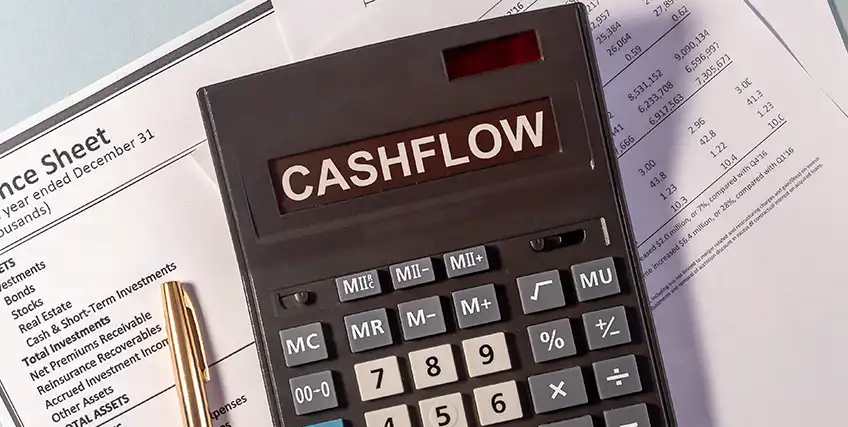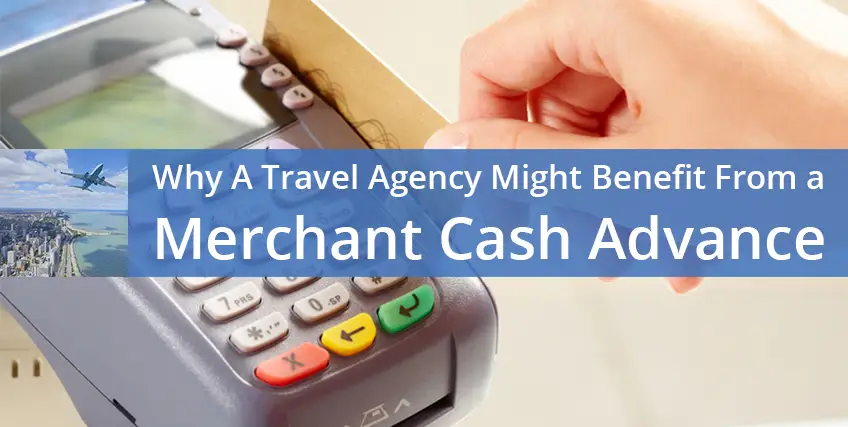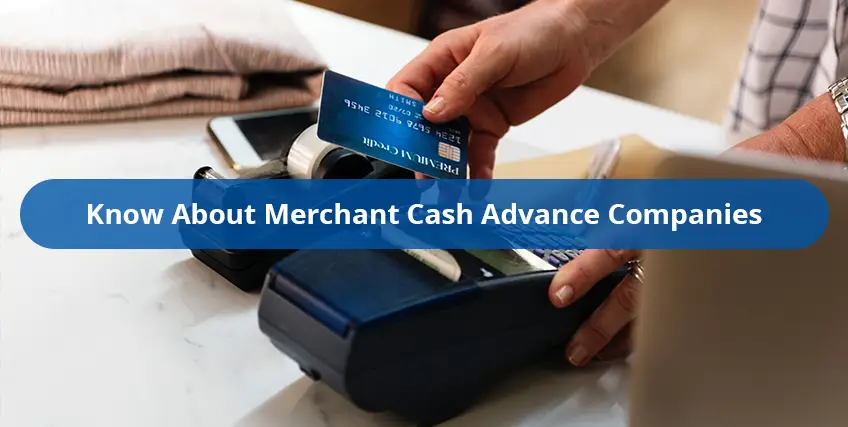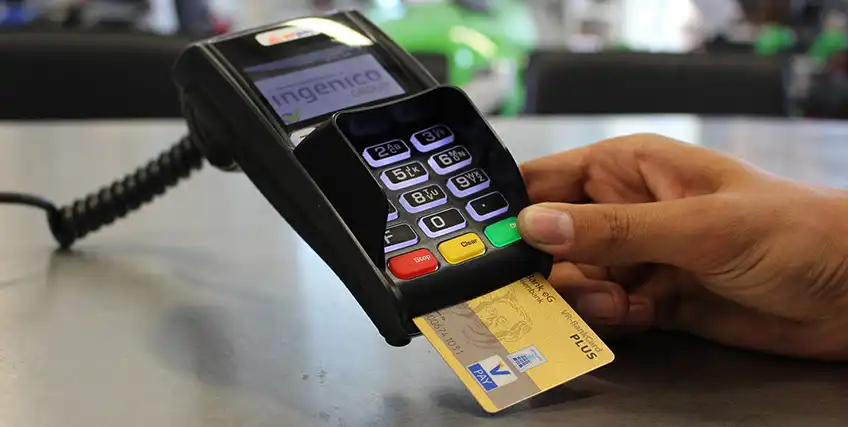How to calculate the cost of a Merchant Cash Advance
March 4, 2025 | Last Updated on: March 4, 2025

Merchant Cash Advances (MCAs) offer fast and flexible financing but are structured much differently than a traditional bank loan. Unlike traditional loans, MCAs use a factor rate rather than an interest rate, and repayment fluctuates with your business’s sales.
Here’s what you need to know about calculating the cost of a merchant cash advance, how it’s different than other financing options, and how it can impact your cash flow.
How To Calculate a Merchant Cash Advance
The formula to figure out how much a merchant cash advance is simple. All you need from the funding provider is the factor rate they will charge, and how much you need to borrow. Let’s say you need to borrow $50,000, and the provider charges a factor rate of 1.3. Here’s what it looks like:
Advance Amount × Factor Rate = Total repayment amount
$50,000 x 1.3 = $65,000
The repayment of this funding will depend on the terms from the funder, but it will typically be withdrawn from your business bank account based on credit card sales and other receivables.
How a Merchant Cash Advance Provider Determines Your Rate
MCA Providers determine your factor rate in several ways, including:
- Sales volume and cash flow stability
MCA providers will look through your total sales history to see where the business stands in terms of cashflow. This is a similar process you would also go through for a traditional business loan.
- Industry type
Some small businesses are inherently riskier than others. If your business is in a seasonal industry or other type of business that may not have stable revenue, you may have a higher factor rate to adjust for the higher risk.
- Requested advance amount and repayment period
The repayment terms and amount of upfront capital requested can lead the funding provider to raise the factor rate higher, making the funding more expensive. Borrowers should run the numbers of how much they may expect to pay, depending on the business’s performance historically.
When Using A Merchant Cash Advance Makes Sense
Using a merchant cash advance can be a pricey business financing option, so it’s vital to know exactly what you’re going to use the funds for, and that it will be worth the cost. Here are a few scenarios when an MCA could be the right choice.
- Cash flow gap for paying urgent expenses
If you’re currently facing a lower revenue period in your business and you’re facing a shortfall to pay employees, rent, or other essential costs, using a merchant cash advance could be a type of financing that could work. Additionally, the application process can go quickly if you need a lump sum of cash urgently.
- Projections of future receivables look bright
If you know that future months could be an upswing for your business, an MCA could be a great short-term solution.
- Fixed payments don’t align with your financial situation
A traditional loan, like a term loan, will likely come with fixed payments. This means that the monthly payment each month will be identical. However, a merchant cash advance has a unique structure where monthly payments will track your business’s receivables like credit card sales. This option of a quick business cash advance can be a solid option for small business owners to consider.
Final Thoughts on Merchant Cash Advances
Merchant Cash Advances (MCAs) can be a valuable financing tool for businesses that need access to quick capital. However, before applying and taking the funding, be sure to consider the potentially high cost and fees of this type of business funding.
FAQs on Merchant Cash Advances
What is a merchant cash advance?
A merchant cash advance is a financing option for small business owners that can sell future receivables or future credit card sales in exchange for an upfront lump sum.
Is a merchant cash advance worth it?
A merchant cash advance can be worth it if you need funding quickly or can’t qualify for a traditional loan due to bad credit.
How does a merchant cash advance affect my cash flow?
A merchant cash advance affects cash flow because it will take away from daily sales in the form of future credit card transactions.
Can you get a merchant cash advance with bad credit?
Yes, you can. However, your factor rate could be higher with bad credit.
Frequent searches leading to this page
cash advance calculator, cash advance interest calculator, commercial loan calculator, business loan calculator
Recent Articles
Related Articles

Can You Renegotiate Terms on MCA Cash Financing After a Default? What Business Owners Need to Know
November 27, 2024

Business Loan or Merchant Loan? Understanding Loan Options for Your Business
November 25, 2024

Avoiding the Debt Trap: How Stacking MCA Business Financing Can Hurt Your Business Credit
November 7, 2024

Why MCA Business Funding May Be Ideal for Retailers Looking to Expand Inventory
November 5, 2024

Merchant Cash Advance vs. Asset-Based Lending: Which is Right for Your Business?
January 10, 2025

Merchant Cash Advance vs. Traditional Business Loans: Which is Right for Your Business?
January 10, 2025

Merchant Cash Advance vs. Line of Credit: Which is Right for Your Business?
January 9, 2025

5 Things Every Small Business Owner Wishes They Had Known When They Started
January 9, 2025









